According to the yearbook of Modern Vietnamese Writers published by the Writers' Association Publishing House: Poet The Lu's birth name was Nguyen Thu Le, born in 1907 in Thai Ha hamlet, Hanoi ; hometown Phu Dong village, Tien Du district, Bac Ninh (now Phu Dong commune, Gia Lam district, Hanoi); founding member of the Vietnam Writers' Association in 1957. He died in 1989.
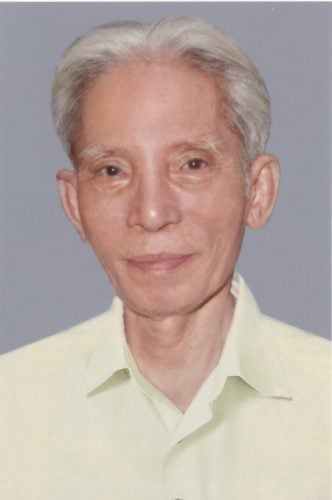
Poet The Lu
photo: document
In the book Vietnamese Poet , literary critics Hoai Thanh - Hoai Chan praised poet Thế Lữ as follows: "At that time, new poetry had just been born. Thế Lữ was like a star that suddenly appeared, shining brightly across the entire sky of Vietnamese poetry. Although Thế Lữ's fame later faded somewhat, people could not help but recognize Thế Lữ's contribution in creating new poetry in this country. Thế Lữ did not discuss new poetry, did not defend new poetry, did not fight, did not give speeches, Thế Lữ just quietly, just calmly took steady steps that in a moment the entire ranks of old poetry had to fall apart. Reading the verses in Nho rung , no one has the right to frown before the rising poetry revolution, we seem to see words being pushed, tormented by an extraordinary force. Thế Lữ was like a general commanding the Vietnamese language army with irresistible orders...". Thus, it is enough to know that Thế Lữ was highly appreciated in the Vietnamese literary world when he opened the New Poetry era.
Not only that, Thế Lữ's outstanding contributions in the field of journalism before the August Revolution showed that he was a core member of the Tự Lực Văn Đoàn - a journalism organization with the most progressive enlightenment ideology in the period 1930 - 1945. He collaborated and wrote regularly for the newspapers Phong Hóa and Ngay Nay . In these two newspapers, Thế Lữ undertook many different columns: poetry, short stories, literary and artistic criticism, even writing detective stories published in installments. At a time when Vietnamese journalism was changing, Thế Lữ contributed to promoting journalism to escape from the old, exaggerated writing style, instead using natural, rhythmic language, close to modern Western literature, contributing to the innovation of the content and form of literary journalism.
The serialized story Gold and Blood is a typical work of Thế Lữ, not only marking his turning point from poetry to prose but also opening the modern horror-thriller genre in Vietnamese literature in the 1930s and maintaining its appeal until today. The work is not simply a scary entertainment story, but contains many layers of meaning about greed, human instinct, the value of honesty and the price to pay.
He is also the one who built the style of writing art criticism (theater, literature) that is modern, intellectual but easy to understand, thereby creating the premise for press criticism to develop and bring the spirit of reason - aesthetics - modernity into the language of journalism. Although he is a poet with a romantic tone, Thế Lữ does journalism with a sober mind. He writes many articles on aesthetics, culture, personal ethics and criticizes social vices, guiding readers to a conscious life and knowing how to appreciate beauty. In criticism, he is not afraid to argue but always maintains sharp arguments, elegant language, respects the interlocutor, true to the style of an educated journalist.
The Lu's writing style and style are full of literature, rich in images and tones. Although writing for newspapers, The Lu's writing style still retains poetry, rhythm, imagery and artistic flexibility. This makes the reader feel like they are reading a literary piece, gentle but no less profound. His social sketches or essays published in newspapers are often short, concise but evocative and philosophical. The Lu does not write long-windedly, he presents the issue quickly, clearly, rationally but rich in emotion. He always knows how to filter information, arrange logical arguments as an important characteristic for a journalist with sharp thinking and concise expression.
As an artist (later he was also a famous stage director), Thế Lữ brought to journalism a writing style that was both theoretical and aesthetic, helping to elevate the content of journalism, especially in the field of cultural and artistic criticism. For Thế Lữ, journalism needed aesthetics, not just a tool for reporting news, through his pen, journalism became a channel to inspire art, ethics and aesthetic living, thereby enhancing the cultural "taste" of readers.
Thế Lữ shows that journalists need reason and a cultured attitude when criticizing society, without being harsh. A strong article can be written in a gentle but still convincing tone and maintaining ethical qualities in language is to maintain the reputation of journalism. He is a model of writing with the soul of a writer but the mindset of a journalist, enhancing the effective combination between emotion and reason, between art and information, and flexibly coordinating between literary quality and journalistic thinking. ( continued)
Source: https://thanhnien.vn/the-lu-voi-dong-bao-chi-mang-tu-tuong-khai-sang-185250621200723857.htm












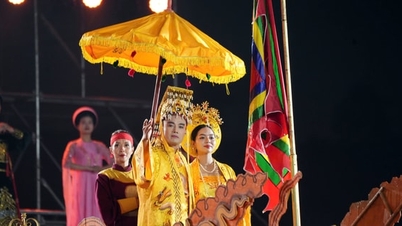
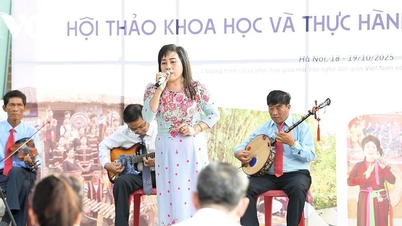

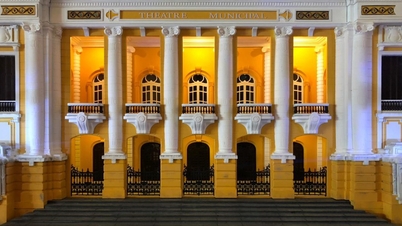

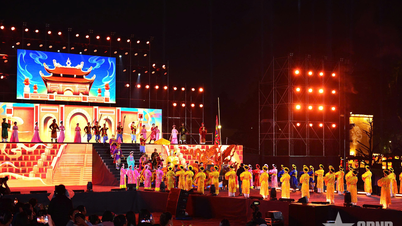



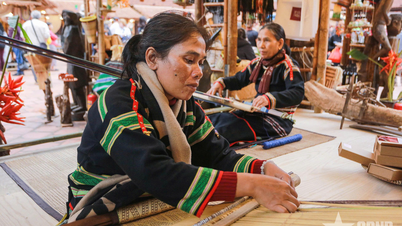
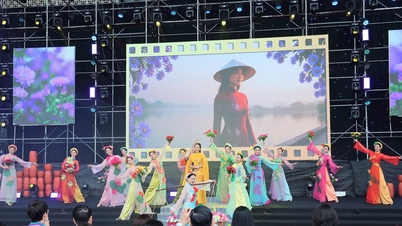
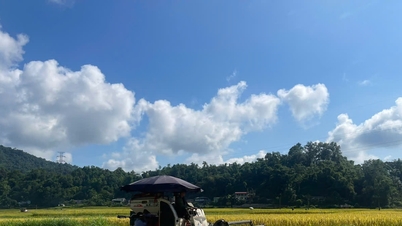

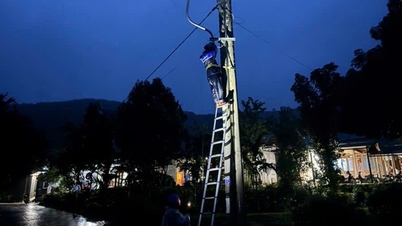




















![[Video] Hue Monuments reopen to welcome visitors](https://vphoto.vietnam.vn/thumb/402x226/vietnam/resource/IMAGE/2025/11/05/1762301089171_dung01-05-43-09still013-jpg.webp)





























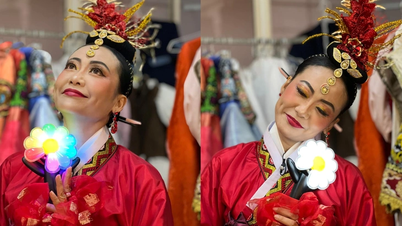
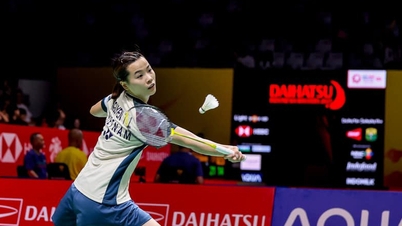









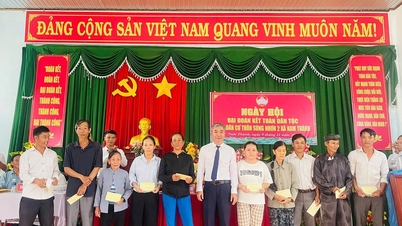

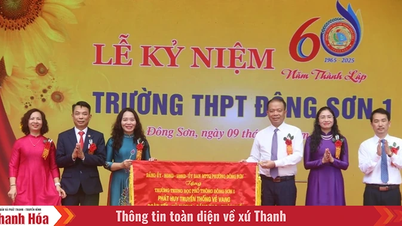





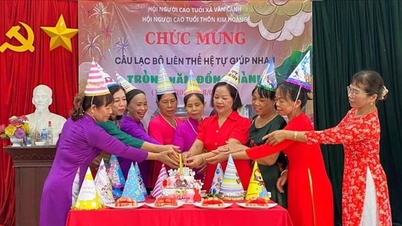


![Dong Nai OCOP transition: [Part 2] Opening new distribution channel](https://vphoto.vietnam.vn/thumb/402x226/vietnam/resource/IMAGE/2025/11/09/1762655780766_4613-anh-1_20240803100041-nongnghiep-154608.jpeg)












Comment (0)